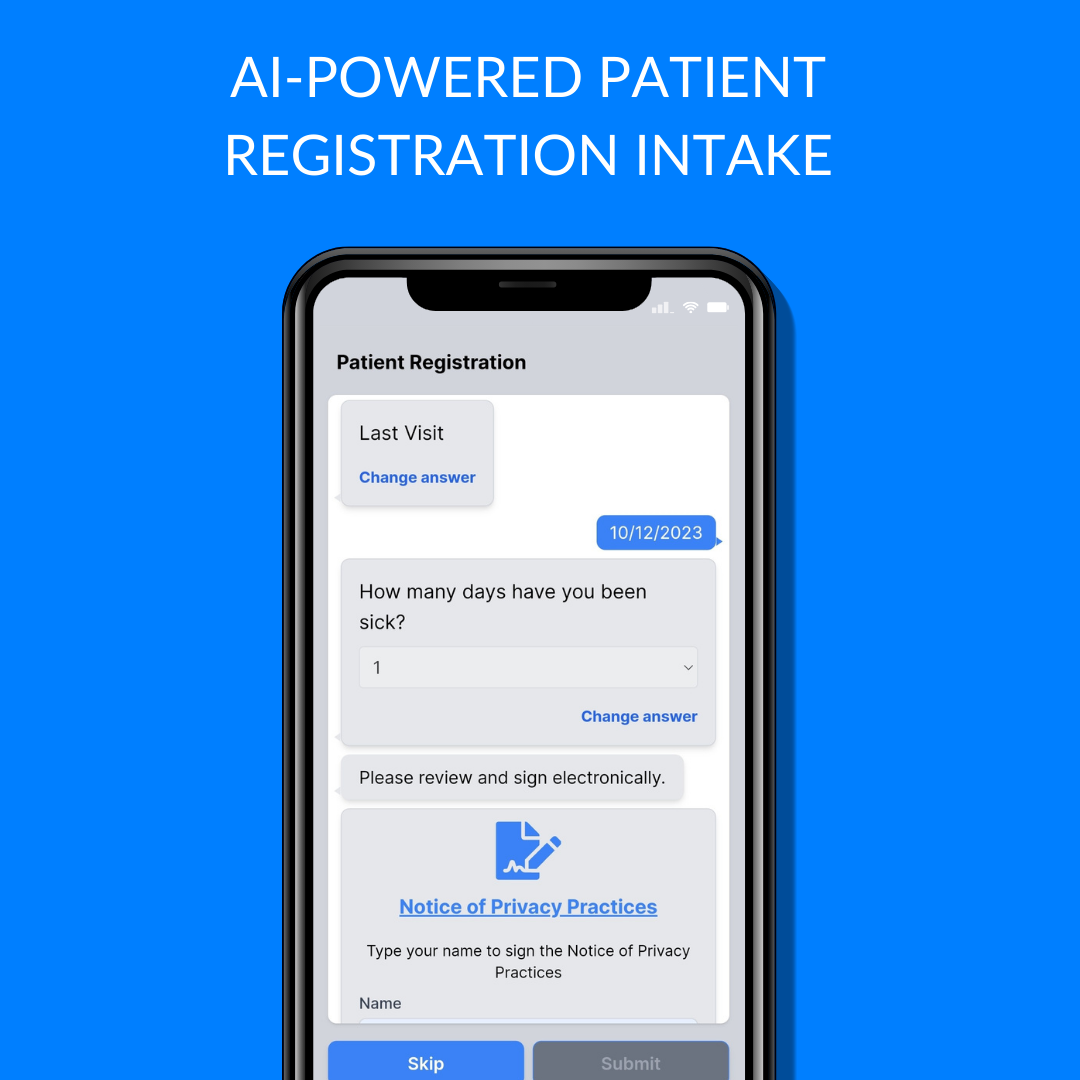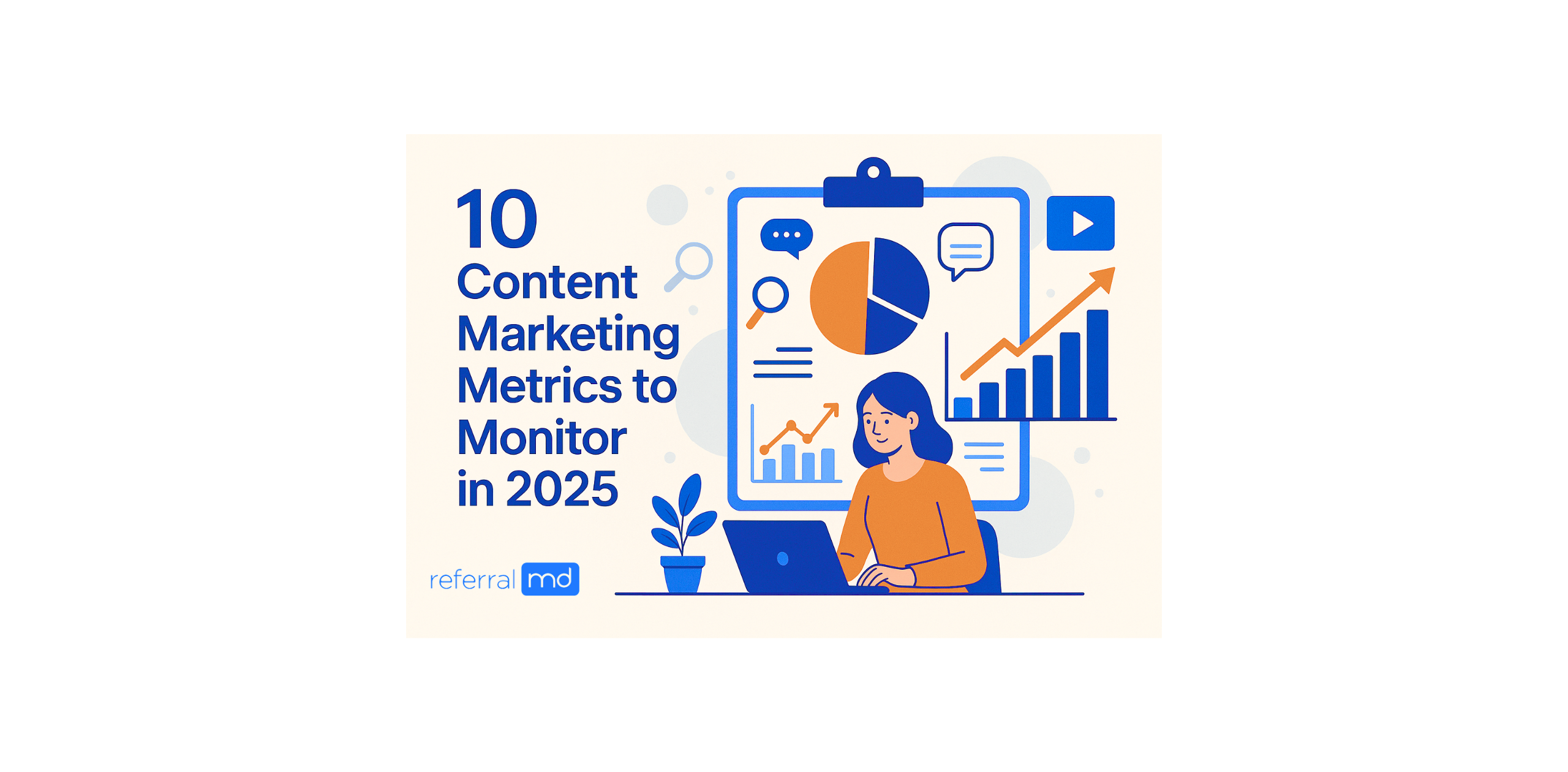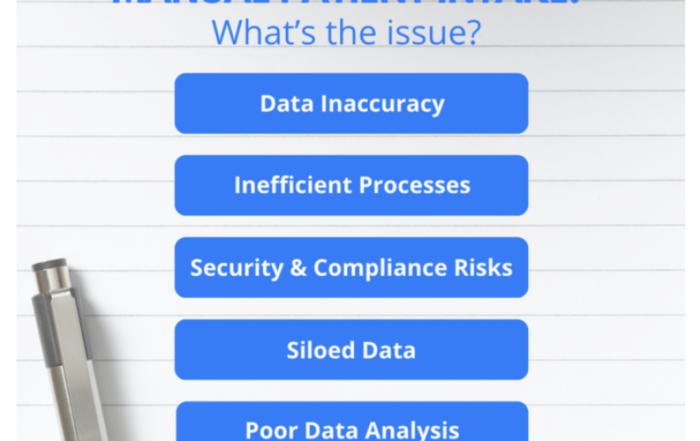Artificial Intelligence (AI) has the potential to revolutionize the medical industry by improving patient outcomes, streamlining workflows, and enhancing referral processes. Is AI transforming patient outcomes?

The Problem with Traditional Referrals
Inefficiencies, including time-consuming paperwork, multiple manual steps, and delays in communication often plague traditional referral systems. These challenges contribute to treatment delays, administrative burdens, and patient frustration. Given the importance of specialist expertise in diagnosing and managing many medical conditions, an efficient referral process is essential for ensuring timely and accurate care.
AI’s Role in Transforming Referrals
Artificial Intelligence (AI) is revolutionizing healthcare referrals by automating key aspects of the process, minimizing delays, and improving efficiency. By leveraging advanced data analytics, AI-powered referral management systems provide healthcare professionals with a comprehensive view of a patient’s health, facilitating faster and more accurate diagnoses. Additionally, AI can help match patients with the most suitable specialists based on medical history, symptoms, and availability.
One of AI’s most impactful contributions to referral management is real-time data analysis. AI can quickly process and interpret patient information, identifying trends and insights that lead to better decision-making. For example, AI can detect patterns in electronic health records (EHRs), optimize specialist recommendations, and streamline the referral pathway.
Boosting Efficiency and Reducing Workloads
By automating repetitive administrative tasks, AI helps healthcare providers focus more on patient care and less on paperwork. Some of the most notable efficiency improvements include:
- Automated Data Entry: AI-powered systems can extract and categorize relevant information from referral letters, reducing the need for manual data entry.
- Scheduling Optimization: AI can assess appointment availability in real time and match patients with specialists based on urgency and medical requirements.
- Automated Alerts and Reminders: AI-driven notifications ensure that patients and providers remain informed about referral statuses, reducing missed appointments and follow-up gaps.
These enhancements improve workflow efficiency and ensure patients receive timely care without unnecessary administrative bottlenecks.
Enhancing Referral Tracking with AI
One of the most significant challenges in referral management is tracking patient progress through the system. Traditional methods rely on manual follow-ups, leading to overlooked referrals and delays in treatment. AI-driven solutions address this by:
- Monitoring Referral Status in Real Time: AI allows healthcare providers to track patient referrals seamlessly, ensuring no cases fall through the cracks.
- Intelligent Prioritization of Cases: AI can assess the urgency of referrals, directing critical cases to specialists more quickly while maintaining an efficient queue for less urgent cases.
- Closing the Referral Loop: AI ensures that referring providers receive timely updates on patient outcomes, enhancing care continuity and coordination.
Seamless Communication Between Providers
Effective communication between primary care physicians, specialists, and patients is essential for smooth referral management. AI-powered systems facilitate real-time, secure communication, reducing the need for time-consuming phone calls, faxes, or emails. Features such as AI-driven chatbots and automated messaging platforms enable:
- Instant Information Sharing: Ensuring that all relevant medical data is accessible to referring and receiving providers.
- Reduced Reliance on Manual Follow-Ups: AI automatically updates records and notifies providers of referral progress, improving transparency.
- Enhanced Patient Engagement: Patients receive automated updates, reminders, and instructions, keeping them informed and engaged throughout their care journey.

The Future of AI in Healthcare Referrals
AI’s role in healthcare referrals will only expand as it continues to evolve. Future advancements may include predictive analytics to anticipate referral needs, AI-driven triage systems to prioritize cases more efficiently, and deeper integration with telehealth services to enhance remote consultations.
By embracing AI-powered tools, healthcare organizations can move away from outdated, cumbersome referral systems and transition toward a streamlined, data-driven approach that prioritizes efficiency, accuracy, and patient-centered care.
AI is not just enhancing referral management—it is reshaping the future of healthcare by eliminating inefficiencies and ensuring that every patient receives timely, high-quality care. Adopting AI-driven referral systems represents a significant step forward in optimizing healthcare workflows and improving patient outcomes.











